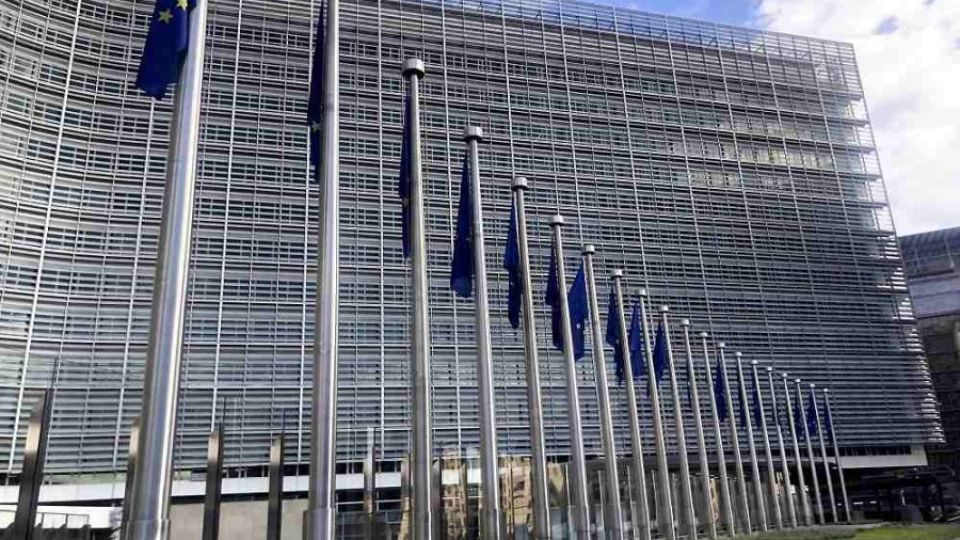July 3, 2023
TOKYO — The European Union on Thursday began finalizing procedures to completely eliminate import restrictions on Japanese food products following the 2011 accident at the Fukushima No. 1 nuclear power plant, it has been learned.
Most member countries agree on lifting the restrictions, and related moves could be completed as early as summer, according to sources.
If the EU — which has strict policies on food safety — abolishes the restrictions, it may impact discussions on eliminating regulations in other countries, such as South Korea.
The EU currently requires 10 prefectures to submit radiation inspection certificates for food imports, including for some marine products and wild mushrooms from Fukushima Prefecture. The bloc also requires other prefectures to submit certificates of origin; such requirements have hindered imports of Japanese foods.
According to sources in Brussels, the European Commission, the EU’s executive body, began regulation-abolishment voting procedures Thursday at a division that deals with restrictions on agricultural and other products. The division comprises 27 member states and the proposal will be adopted if at least 15 countries vote for the proposal and if the total population of countries that favor the plan exceeds 65% of the EU population. Many countries, including major powers such as Germany, are said to stand behind the proposal.
Fifty-five countries and regions established import restrictions on Japanese food products following the nuclear accident at the Fukushima plant of Tokyo Electric Power Company Holdings, Inc. The United States lifted its restrictions in 2021, with Britain following suit last year. However, 12 countries and regions, including the EU, China and South Korea, continue to impose restrictions.
The Japanese government has been calling on the EU to remove the restrictions as soon as possible, but so far, the restraints have only been gradually reduced for a number of regions and items.

